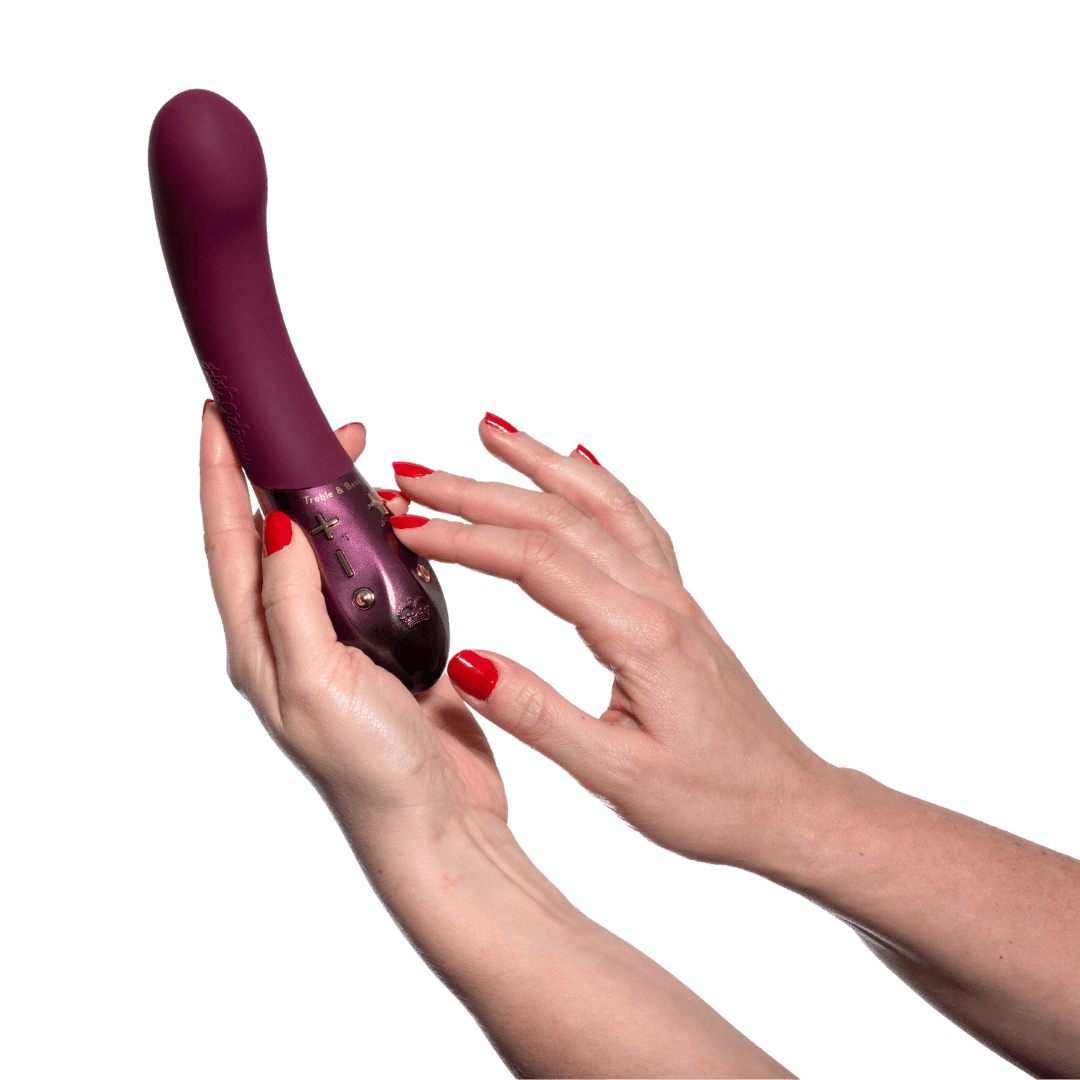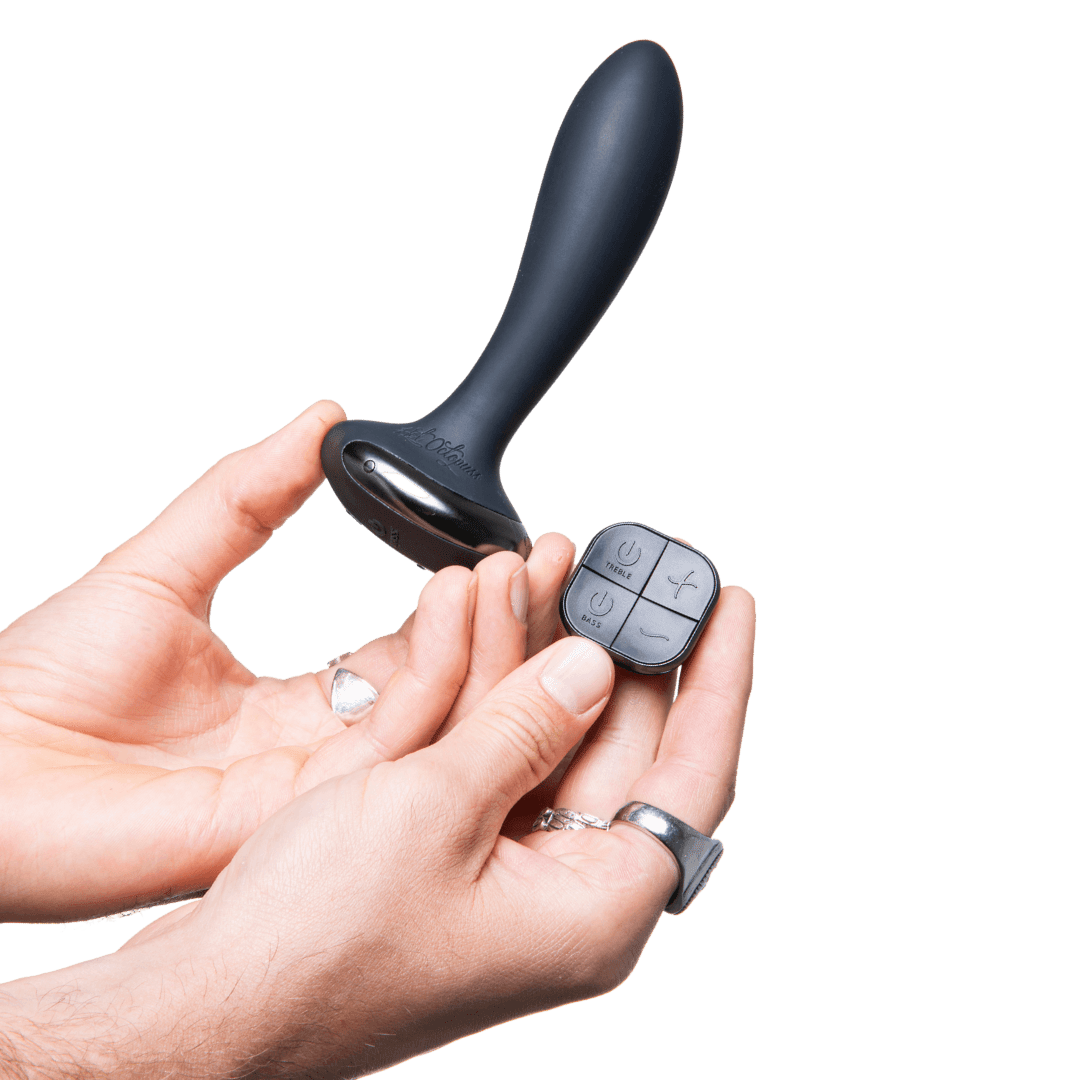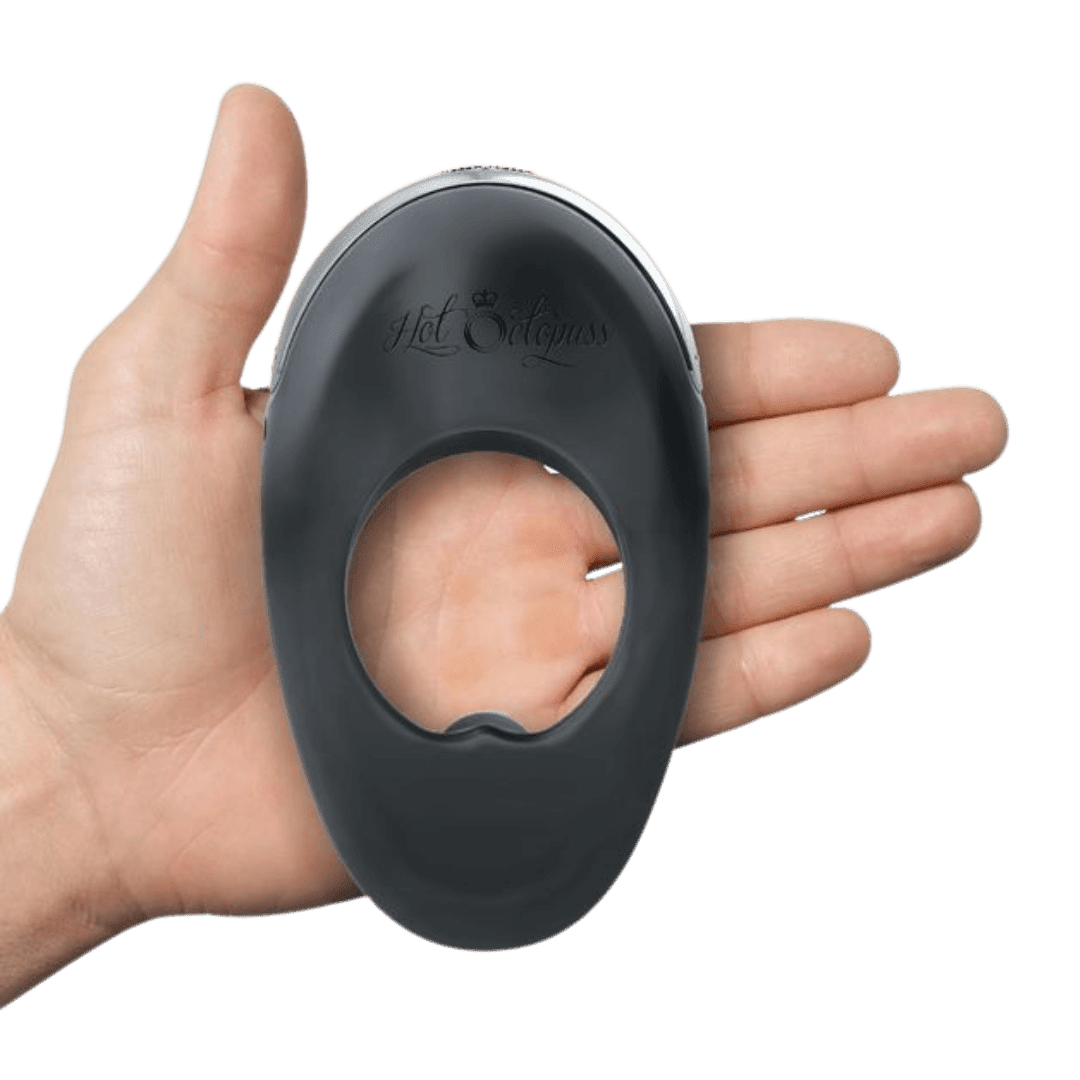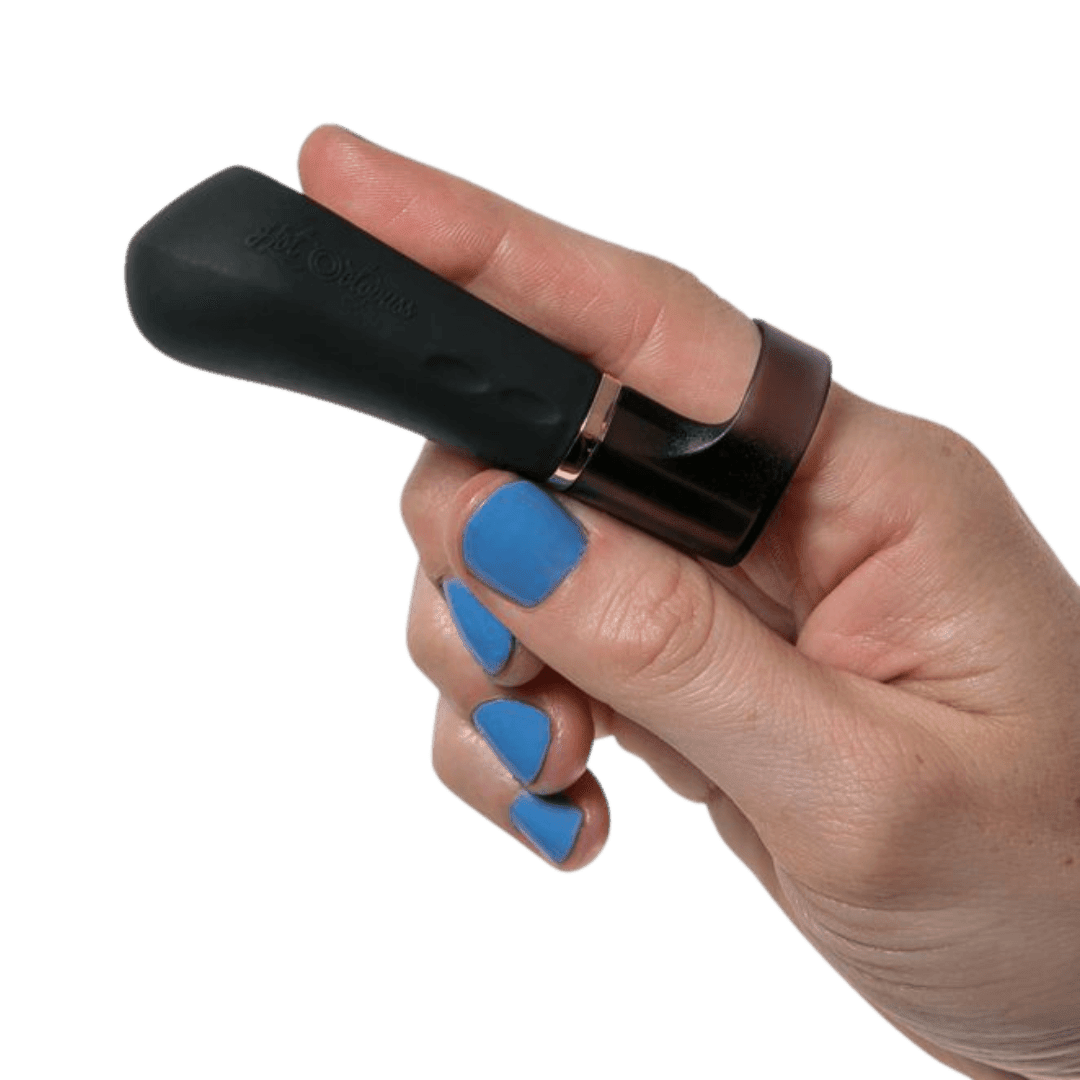Tackling modern masturbation myths
21 July 2021


It’s easy for us to laugh at historical mistakes: the old myth that excessive masturbation would damage your vision, for instance, is one that very few people would give credence to today. Likewise the 1940s claims of John Harvey Kellogg (who – fun fact! – created Kellogg’s Cornflakes) that masturbation could cause cancer and even death, are unlikely to get much of an airing in today’s more sexually open society. Thanks to much better sex education, and a lot of work from pioneers who have helped to tackle masturbation stigma (including coming up with Masturbation Month!), these historical masturbation myths have been thoroughly debunked.
But that doesn’t mean that our current society doesn’t still have to grapple with the question of masturbation. There are still many people who think that abstaining from masturbation is the healthy or moral thing to do, and though their intentions may be good, the harm done from shaming people about taking part in a perfectly healthy activity can last a really long time.
So today we thought we’d try to tackle a couple of modern masturbation myths.
Refraining from masturbation gives you superpowers
This one comes from the NoFap forums over at Reddit. ‘NoFap’ is a movement started back in 2011 by a guy called Alexander Rhodes. He had read somewhere that refraining from masturbation could increase his testosterone levels, and he wanted to put it to the test, so he quit wanking for a week and paid close attention to the results. He claimed that after a week he felt more focused and better able to concentrate, and many people have picked up on this and taken on their own ‘no masturbation’ challenges.
Now. We’re not here to tell you that any one individual’s experience is ‘untrue’ or wrong – this improvement in concentration is reported by many people who try the ‘NoFap’ challenge for a while, and it may work for you too. However, there’s a hell of a lot to unpack in some of the claims made by the NoFap community more broadly: many believe that refraining from masturbation makes you better at finding partners or establishing intimate relationships. Others have claimed that it can make you physically stronger. Beyond that, there are some who believe in the magic of ‘semen retention’ – that just having a build-up of semen inside your body can make you more attractive to potential partners.
It’s tricky to unpick this whole philosophy: there are some bits of it that will be true-for-some-people, others that will be true for everyone, and some that are outright misleading or false. Let’s begin with the outright falsehoods: having semen in your body doesn’t automatically make you more attractive to potential partners. Semen isn’t magic, and what’s more it doesn’t really work like that: although you will likely ejaculate a smaller ‘load’ if you’ve already orgasmed fairly recently, your body doesn’t keep building up a giant reservoir of semen indefinitely if you stop ejaculating altogether. The average amount of ejaculate is around a teaspoonful. If you refrain from masturbation for 10 days you won’t suddenly have ten teaspoons ready to go.
What about the other claims? That refraining from masturbation makes you stronger, or can make it easier for you to find partners? Well the latter one is impossible to say either way because it will depend very much upon the person, and a whole host of factors. Let’s say, for instance, that you’ve spent a long time enjoying a solo sex life and you suddenly decide to cut out masturbation entirely and instead spend your time trying to find a partner. Instead of spending evenings at home, you start going out more and meeting new people. You might feel more focused or motivated to have sex with other people, and so you hook up with this lovely new date.
Success! But was it down to your lack of masturbation, or just the fact that you changed your routine? Was it down to your abstention in the bedroom, or to your efforts in chatting to new people? And as for the ‘strength’ claim – we’re struggling to find any reliable, scientific evidence of this. At the moment all we can see is a lot of claims from men who advocate NoFap citing it as a benefit, so we’re skeptical. Especially seeing as you rarely hear Olympic wrestlers or Paralympic weightlifters citing ‘no wanking’ as a reason for their success.
Masturbation myths and porn addiction
Of course you can’t really talk about modern masturbation myths without addressing the elephant in the room: porn. With every new wave of technology enabling new revolutions in porn, there is usually a corresponding moral panic about the effect of that porn. Particularly, though not exclusively, on men.
Over the last year we’ve seen plenty of headlines claiming that porn is responsible for everything from the break-up of relationships to a rise in erectile dysfunction. The idea is that as porn becomes easier to access (and to make, including more advanced technologies like VR porn) people spend more time masturbating to it, and this desensitises them to ‘real world’ sex, means that people with penises will struggle to get erect without hardcore porn, and will potentially spend lots of time ignoring the important things in life in favour of booting up their computer and settling down to masturbate.
Are these claims true? Well, it depends on who you ask. As there are those who are keen to talk about the evils of porn, so there are also those questioning the very idea of sex and porn addiction. Dr David Ley is a psychologist who has written a lot on this topic. He argues that sex and porn do not trigger the same responses as other things which we would say are addictive such as drugs and alcohol. He also argues that:
“People do have a strong response to video pornography. Internet porn is very good at triggering male sexuality. The economic forces of the open market have driven modern internet porn to be very, very effective at triggering male sexual buttons, to get them aroused. But women actually have a stronger physiological response to porn than men and based upon this research, women should be more addicted to pornography than men. But the overwhelming majority of the stories we hear about are men. Why is this? Because one part of this issue is an attack on aspects of male sexuality, including masturbation and use of pornography, behaviours which society fears and doesn’t understand.”
Even more importantly, sex educator Justin Hancock uses the idea of porn addiction to ask a very important question about masturbation: just who, exactly, gets to decide what’s ‘too much’? And is our idea of porn or masturbation addiction centred too much on the myth that porn and sex are bad things in the first place?
“One person could think that 5 minutes is too much, another could think that 5 hours is completely fine. A lot of this has to do with what you have been taught about sex, porn or wanking. If you’ve been taught that masturbating is wrong, bad for you, makes you lose power, is something only ‘sluts’ do, or makes you a ‘waste-man’ then you might feel like any time you spend wanking is too much.”
It’s important to recognise that our masturbation habits don’t form in a vacuum: there are plenty of messages out there which we take on board throughout our lives. If you’ve been told many times that masturbation is bad for you or wrong, it’s not surprising that you’d be more swayed by arguments about the benefits of stopping. Equally, if you have read a lot of sex-positive work, you’re more likely to be able to dismiss some of the arguments which tell you to stop masturbating.
Masturbation myths: do they matter?
You could argue that the truth of these things doesn’t matter so much as the fact that ‘NoFap’ seems to benefit many people, and we’d certainly be on board with you when it comes to people making personal choices about what to do with their bodies. This sounds like an odd thing for a sex toy company to say, because we spend so much time making amazing new sex toys to masturbate and have sex with, but masturbation isn’t for everyone. There are plenty of people who will find that refraining from masturbation is the best choice for them – whether because they simply don’t like wanking or because they find that they enjoy their lives more if they focus their time on other things.
What’s worrying, though, is that like the masturbation myths of old, these newer myths can often contribute to the stigma surrounding masturbation. NoFap isn’t just about individuals choosing to abstain from wanking, it’s grown into a community that is almost evangelical in its beliefs – trying to convert new members by telling them that their lives will be better if they stop masturbating altogether. This is dangerous. Because the truth is that masturbation is a perfectly healthy thing to do – it can have enormous benefits to your physical and mental health, and it can also be a great way to learn about your own body and explore sexual pleasure in a safe environment. For some people, masturbation is their only outlet for sexual pleasure, and we don’t want anyone to make them feel ashamed of that.














